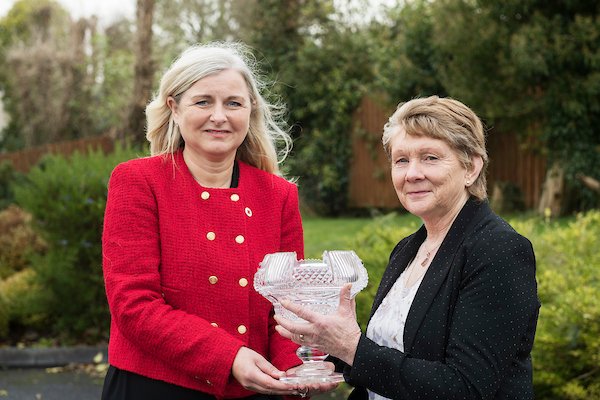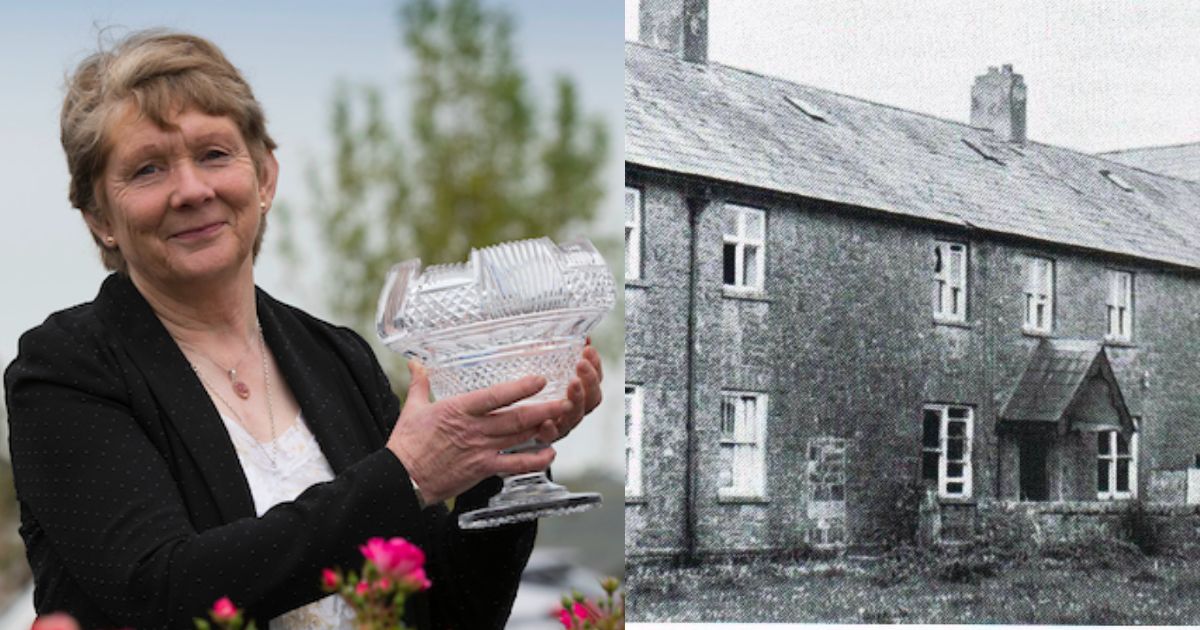Sometimes, when you fight for the justice of innocent children, you may encounter many nasty opinions. This story is about Catherine Corless, a local historian who spent years combing through death certificates and church archives from the Bon Secours Mother and Baby Home in Ireland. This Catholic-run baby home operated from 1925 to 1961. In 2014, she revealed a startling discovery: 796 babies had died at the institution between 1925 and 1961, but only two were recorded in official burial records.
Her findings, first published in the Irish Mail, raised a horrifying possibility: had hundreds of infants and toddlers been secretly buried on site, with no markers or acknowledgement? While proper official documents listed causes of death such as pneumonia, gastroenteritis, tuberculosis, and diphtheria, a smaller number was attributed to malnutrition.
As per PEOPLE, the issue was not about how these innocent children died but how their existence was fabricated and erased. Perhaps Catherine Corless was called obsessive and delusional for her aggressive research, but she never gave up. In 2017, following intense public scrutiny and Corless’ unwavering advocacy, government-ordered test excavations exposed her alleged claims, which were true!
The children’s remains had been buried in a decommissioned septic tank beneath the property for over five decades. Meanwhile, the Bon Secours house was just one of numerous such institutions in Ireland where unmarried pregnant women were sent to give birth in secrecy. Many were subjected to forced labor, and their children either died of neglect or were put up for adoption—sometimes illegally. The home was managed by the Sisters of Bon Secours, a religious order originally from France.
Catherine Corless and the babies families are happy with the appointment of a director who will oversee the excavation of the former mother and baby home in Tuam. It was Catherine’s tireless work that lead to the discovery of human remains at the site #tuambabies #nomoredelays pic.twitter.com/OA00x77HOF
— Karen (@kmorganvisuals) May 24, 2023
Forensic tests confirmed the remains belonged to infants and toddlers, some as young as 35 weeks of gestation and up to three years old. Despite the evidence, the Catholic church dismissed Catherine Corless’ findings. Even people in Tuam (where she resided in Ireland) started maintaining distance from her, and people at the supermarket shamed her for trying to expose an alleged crime.
They accused Corless of bringing shame to Tuam and called her move “terrible.” Headlines questioned her credibility. Major outlets referred to her only as an “amateur historian and a lunatic.” In addition, she received hate mail. Corless received hate mail from the United States. “You are about as credible as Santa Claus,” one message read. “I hope those nuns bring you to court.”
However, the hate did not stop her from working; as per the Irish Times, Catherine Corless self-funded her research and was driven by what she described as a need to “do the right thing.” Now 69, Corless stood again at the site this week as Irish officials began securing the grounds ahead of a full-scale excavation of up to two years.
Catherine was clear about her goal; she told the outlet, “All those lovely little children and babies are the one thing that drove me. That is all that was in my mind: these babies in a sewage system must come out.” Her determination led her work to gain international recognition, and in 2021, the government issued an apology for the mistreatment.
View this post on Instagram
According to the Tuam Herald, editor Siobhán Holliman said that the locals were in disbelief when they found that children’s remains had been buried in a decommissioned septic tank. “At first, people felt blamed for something they had no part in,” Holliman said. “But once the scale became clear—how many children died, how many are buried there—it became something we could no longer ignore.”
“It’s part of the town’s history,” Holliman added. “And you can’t ignore history.” As of 16 June, Irish officials began securing the site before a full-scale excavation expected to last up to two years. Catherine Corless said she was relieved. “It’s only just starting to sink in,” she said. “But I’m so glad the truth is finally being acknowledged.”
Maybe now we know why Steve Jobs said, “The ones who are crazy enough to think they can change the world are the ones who do.” Kudos to Catherine for her fiery spirit and ambition to bring justice. Her story perfectly exemplifies the saying, “There will always be someone who will not know your worth; do not let it be you!”
Here is a picture of Catherine Corless receiving the IRC Humanitarian Awards Lifetime Achievement award for her work.














